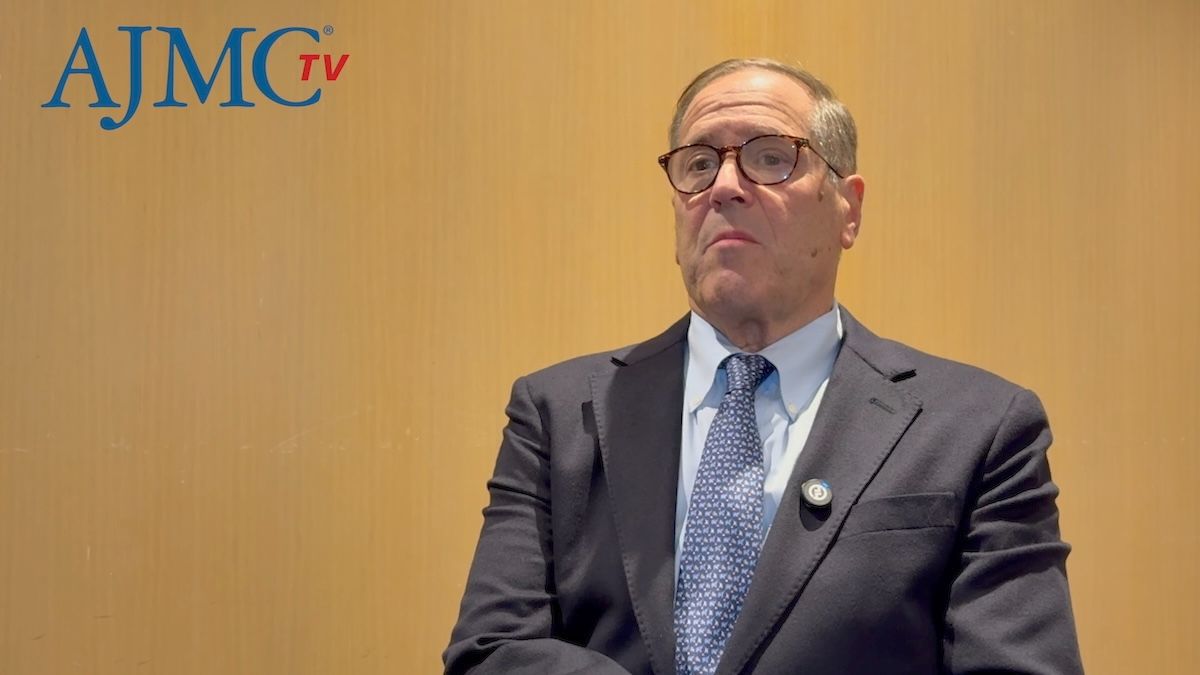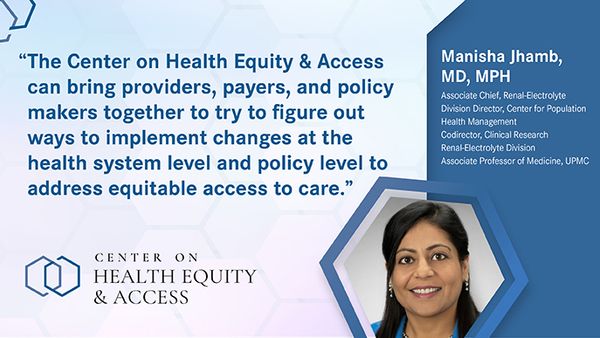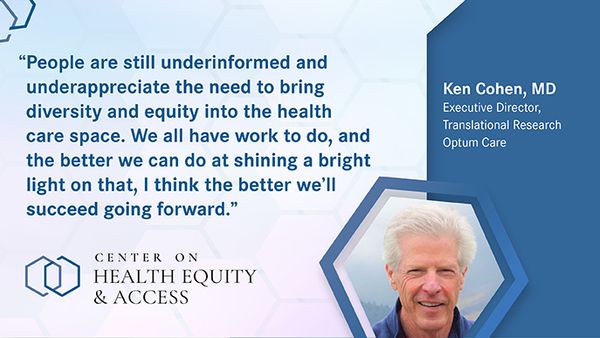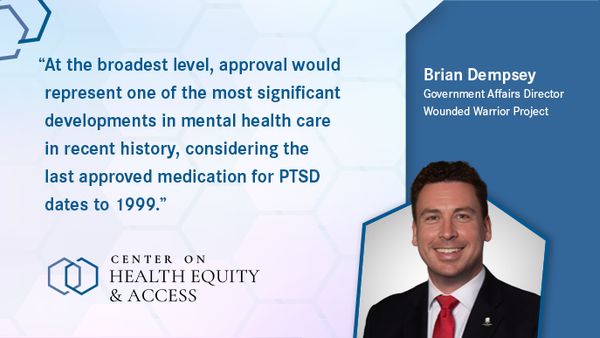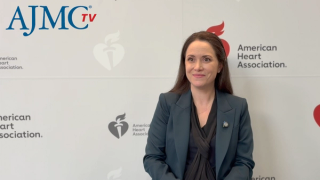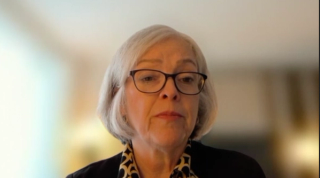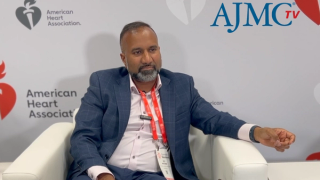
Center on Health Equity & Access
Latest News
Latest Videos

Podcasts
CME Content
More News

Jasmine Eugene, PharmD, explains how pharmacists practicing at the top of their license improve rural oncology access and ease physician workload.

Lower-income countries rarely gain timely access to FDA-approved drugs tested in their populations, highlighting major global and ethical disparities.
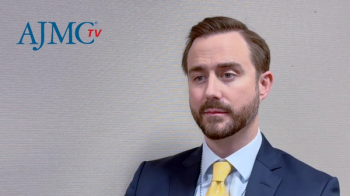
Clark Alsfeld, MD, discusses how telemedicine, pharmacists, and evolving policies help overcome financial and geographic barriers in oncology care.

Targeted financing, clinician recruitment, and telehealth expansion are needed to improve rural primary care.

Infectious disease was hit hardest by funding cuts to NIH grant for clinical trials that did not align with the Trump administration's priorities.

Cuts to Medicaid could spell trouble for pediatric health, as millions of children rely on Medicaid to cover their hospital expenses.

Broader eligibility, real-world data, and community partnerships are expanding access to CAR T-cell therapy.

For the conclusion to this 4-part video series, tune in to learn the lessons each organization will carry forward from this pilot program experience.

The race of a telephonic care manager did not impact closure rates for gaps in care among Black Medicare Advantage beneficiaries.

Ochsner MD Anderson expands cancer care access in Louisiana through community partnerships, technology, and strong patient-physician relationships.

Nurse practitioners play an essential role in diagnosing, treating, and supporting individuals living with Alzheimer disease.

There is an urgent need for equitable care and access to cardiovascular care, said Vallerie McLaughlin, MD; Martha Gulati, MD; and Stephen Nicholls, MBBS, PhD.

Global ovarian and uterine cancer cases due to high BMI have risen sharply over the past 30 years, especially in low- to middle-income sociodemoraphic regions.

Melanie Sheen, MD, describes efforts to boost diverse clinical trial enrollment through trust, community partnerships, and equitable patient engagement.

Oncology care advances target social determinants of health through AI, patient education, and community engagement.
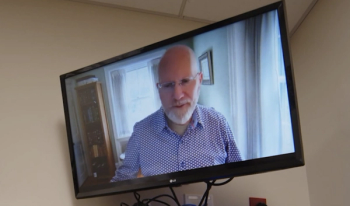

To mark the 30th anniversary of The American Journal of Managed Care, each issue in 2025 includes a special feature: reflections from a thought leader on what has changed—and what has not—over the past 3 decades and what’s next for managed care. The November issue features a conversation with Laurie C. Zephyrin, MD, MPH, MBA, senior vice president for achieving equitable outcomes at the Commonwealth Fund. This interview has been edited for length and clarity.

Utilizing the Health Insurance Disparities Index for assessment, the authors found that New York’s Medicaid health maintenance organizations (HMOs) outperformed Medicaid HMOs nationally in addressing health care disparities from 2019 to 2023.

Darla Chapman, DNP, ARNP, University of Washington, speaks on the evolution of Alzheimer diagnosis, emphasizing early detection and innovative biomarkers.

A white paper explores how biomarker testing enhances patient outcomes and what barriers prevent access in several common cancers.

Only 4% of NIH prevention projects target health disparities, revealing a major gap between equity research and real-world implementation.

Experts at AHA 2025 outlined how digital tools, inclusive trials, and safer deprescribing can reshape cardiovascular care for aging adults.

The introduction of more stringent work requirements for those enrolling or renewing their Medicaid coverage can affect both children and adults.

CMS introduced the GENEROUS Model to reduce Medicaid drug costs, enhance access, and improve health outcomes for beneficiaries starting in 2026.

Experts analyze how Trump's drug pricing policies, including Most Favored Nation (MFN) and tariffs, reshape pharma markets and impact patient costs and access.

